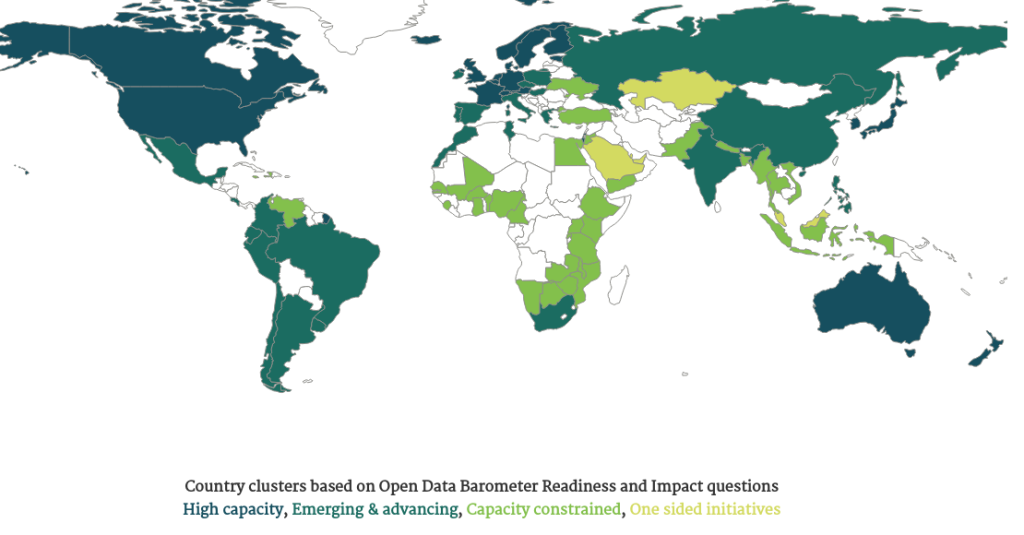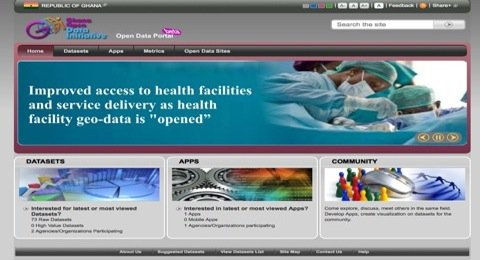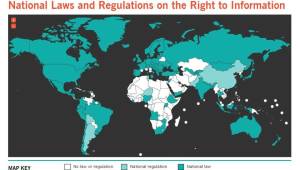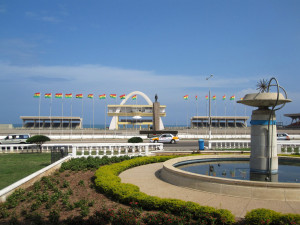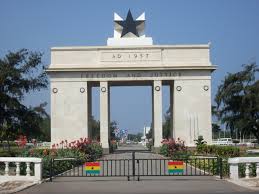The State of Open Data in Ghana: Policy
David Selassie Opoku - October 20, 2015 in Fellowship
I joined the School of Data in April as one of the fellows for 2015. As a data scientist and software developer who had moved back to Accra in August 2014 — after 8 years of being away from school, — I wanted to understand the key stakeholders of the open data community and what role I could play in strengthening their work. I wanted to know what the State of Open Data in Ghana was.
Taking a pulse of any community, especially at a national level is never simple and will be always filled with degrees of subjectivity. This coupled with a young global Open Data movement, introduces challenges in identifying the right stakeholders who themselves are still trying to understand whether and where they fit into this nascent ecosystem.
In trying to assess the state of the Ghana open data community, I looked at 3 main areas: Policy, Research and Innovation, Capacity-Building.
I will be sharing my thoughts around these 3 areas over a series of blog posts. With these, I hope to start a conversation around the Open Data movement in Ghana which leads to more collaboration and innovation. So for this first post, I will talk about the State of Open Data in Ghana from a policy perspective.
Open Data Policy in Ghana
Ghana Open Data Initiative
Search for the term “Open Data Ghana” on any search platform and you will be presented with a list of links on initiatives and events — portals, conferences, hackathons, grants etc — dating back to 2010 and 2012. First among these is one for the Ghana Open Data Initiative (GODI), a platform created to release public data sets for easy access and use by ordinary citizens.
The origins of the Open Data movement in Ghana can be traced back to a Web Foundation project in August 2010. This established an initial partnership with the government of Ghana through the National Information and Technology Agency (NITA), which eventually served as the agency responsible for implementing GODI. It was created in 2012 as a platform and framework to promote the release of government data for public re-use. It was
“to promote efficiency, transparency and accountability in governance as well as to facilitate economic growth by means of the creation of Mobile and Web applications for the Ghanaian and world markets.”
The vision was to start off with a repository of government data from which journalists, developers, advocacy groups and citizens could access for numerous civic, social and economic benefits. With this came several hackathons and workshop by organisations to unleash the power of these data sets through capacity-building, research and innovation.
Right to Information Law
GODI is a major endeavour and in its infancy, it will lack many data sets that ideally should be readily available to the public. In such cases, interested parties should have the ability to request the release of specific data from public institutions. This is where the Right to Information(RTI) Law comes to play. Other names for this are the Freedom to Information(FOI) law and Access to Information law.
Efforts to pass a RTI law in Ghana has been ongoing for about 13 years. However, there is growing work by advocacy and media groups, parliament and ordinary citizens to ensure the passing of a law. After many years of consultation, Select Committee on Constitutional, Legal and Parliamentary “advanced an amended right to information bill for consideration by the full Parliament.” This means as of October 10 2015, Ghana has no RTI law! In order to strengthen the Ghana open data movement, it is important to have in place the RTI law as a tool for open data enthusiasts to request access to relevant data.
The effort to pass the RTI law in Ghana has been long and it is worth highlighting the continued work by many advocacy organisations and individuals invested in making this a law:
- Commonwealth Human Rights Initiative (CHRI) Africa
- The Perfecter of Sentiment(PoS) Foundation
- Ghana Center for Democratic Development(CDD)
- Ghana Integrity Initiative
There are many more advocacy groups and individuals who have contributed to advancing the RTI bill to this point not listed above. Their work continues to be essential and is worth supporting. If you know of any, please do share.
The way forward
What is the way forward with regards to policy? Ghana’s Open Data movement is young and this means there is a lot to learn, understand and implement to reach the standard of a world-class open data community. Ensuring that the right laws and mandates are in place and executed is key to creating the foundation for stakeholders to research, innovate and build capacity with open data. Taking the steps to implement GODI is a great start. However, GODI is still lagging behind. As of this writing, the data portal is still down from when I first noticed it at the end of August which does not help in building the reputation of the Ghana Open Data community. I hope the portal comes back online soon with an well-defined strategy to improve access to quality data sets and tools.
With regards to the RTI bill, the great efforts by some of the advocacy groups listed above will eventually get this law passed. It is important that journalists and citizens remain invested on this issue in order to give it the necessary attention to be passed.
In the next series, I will talk about the State of Open Data in Ghana from the research and innovation perspective.

